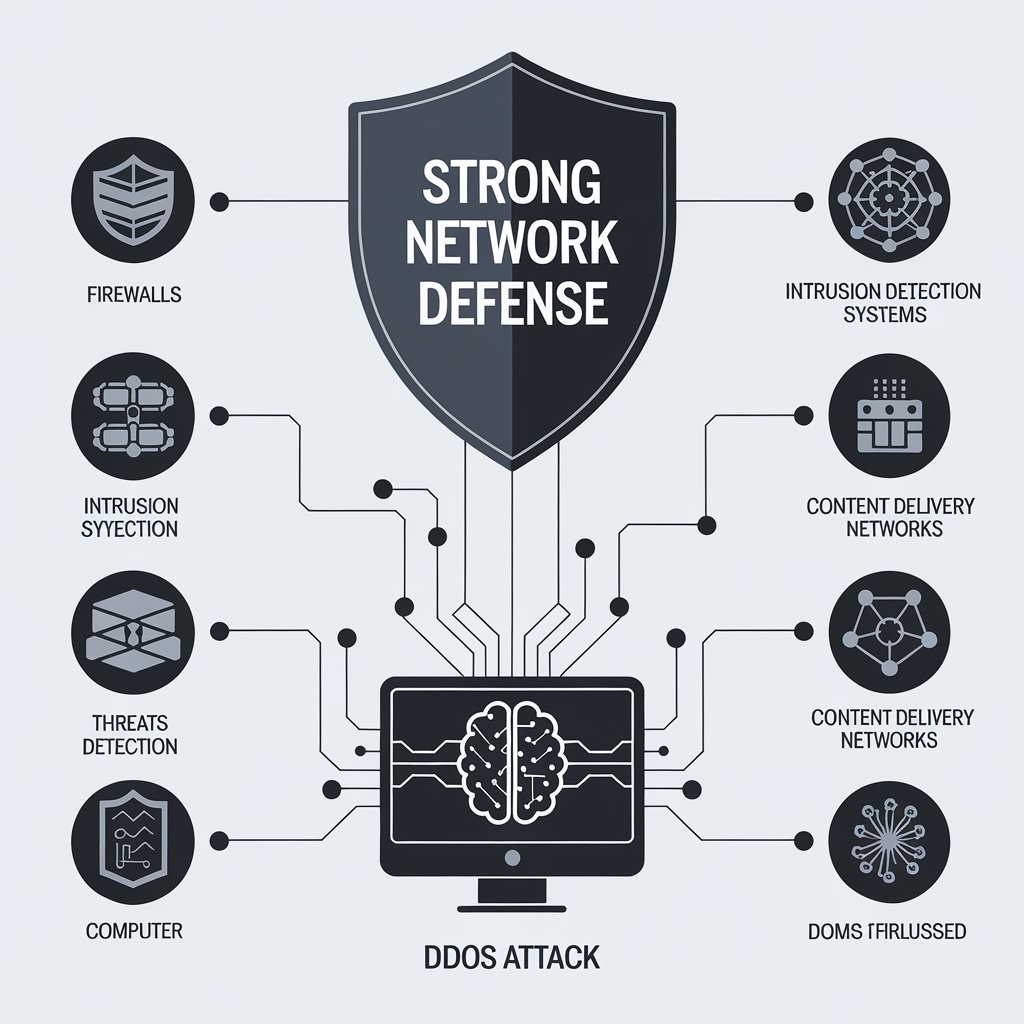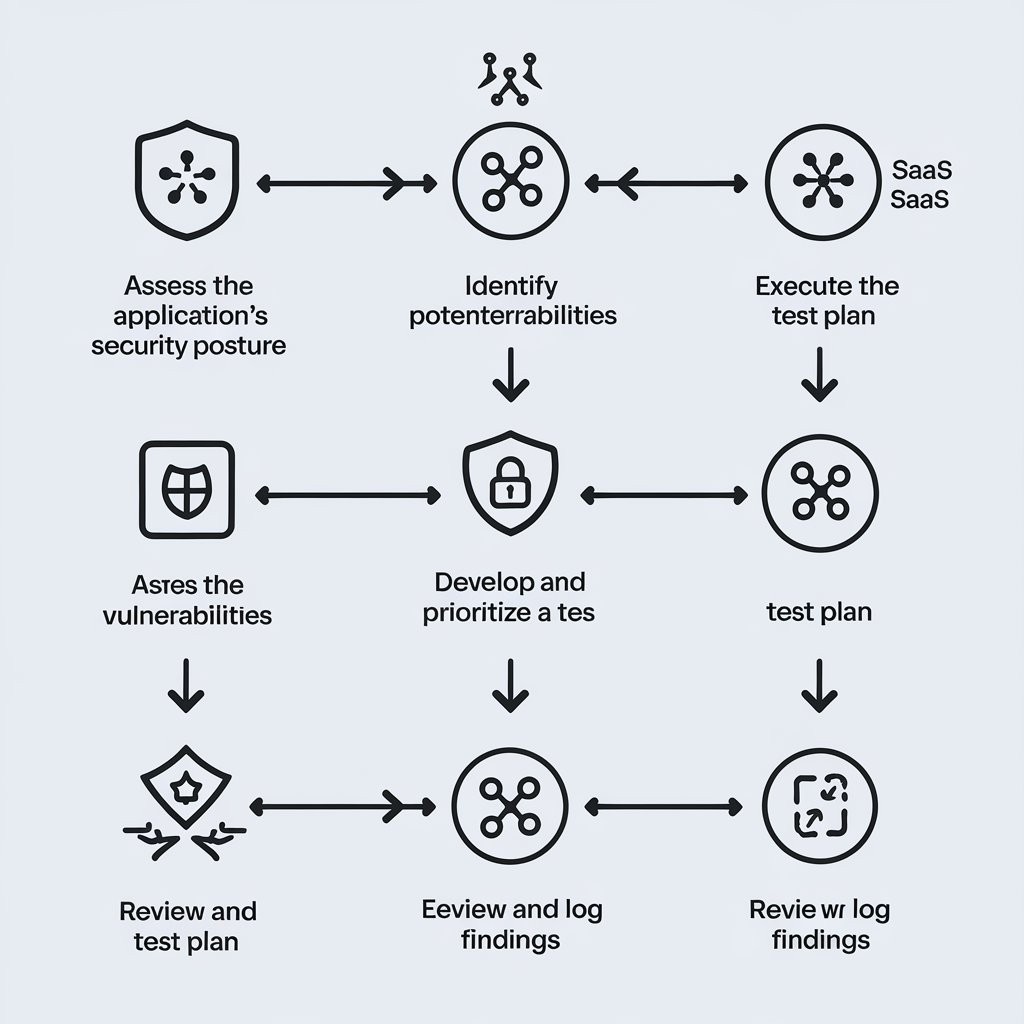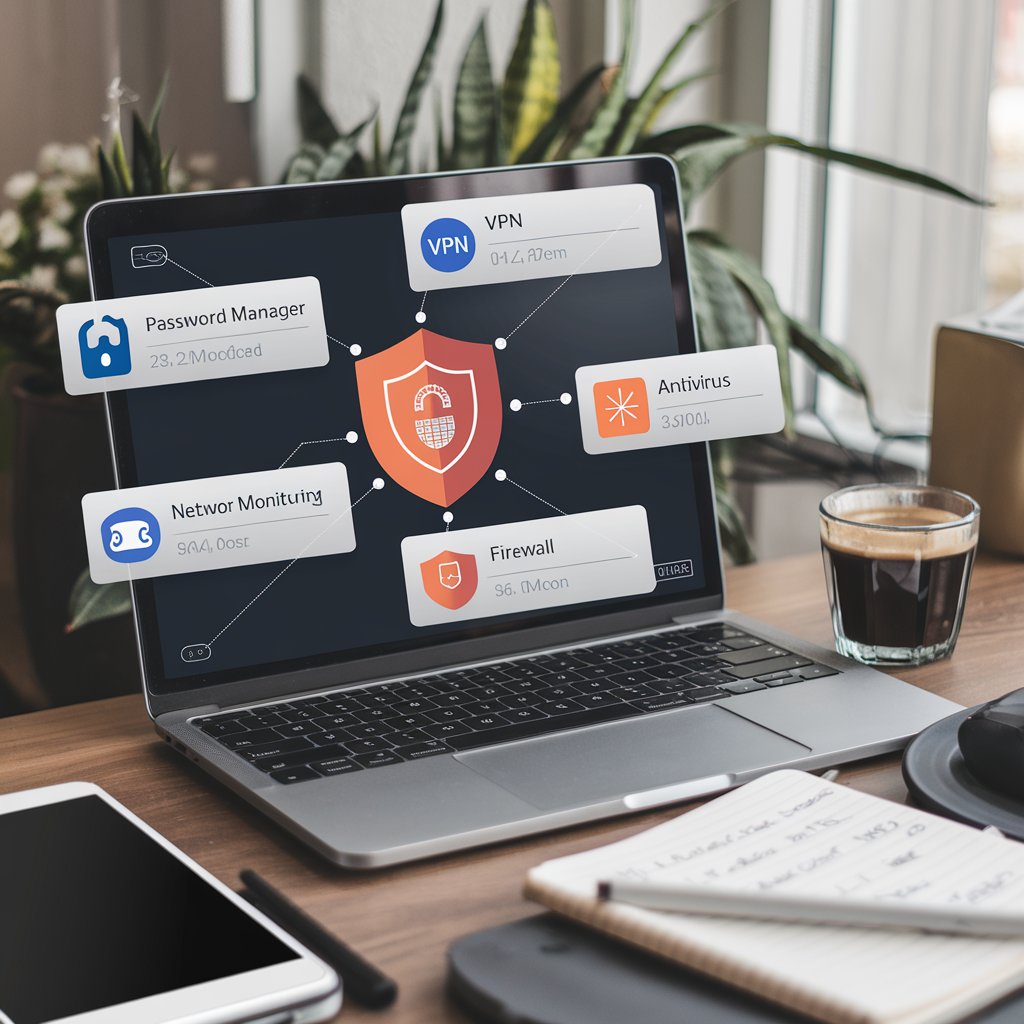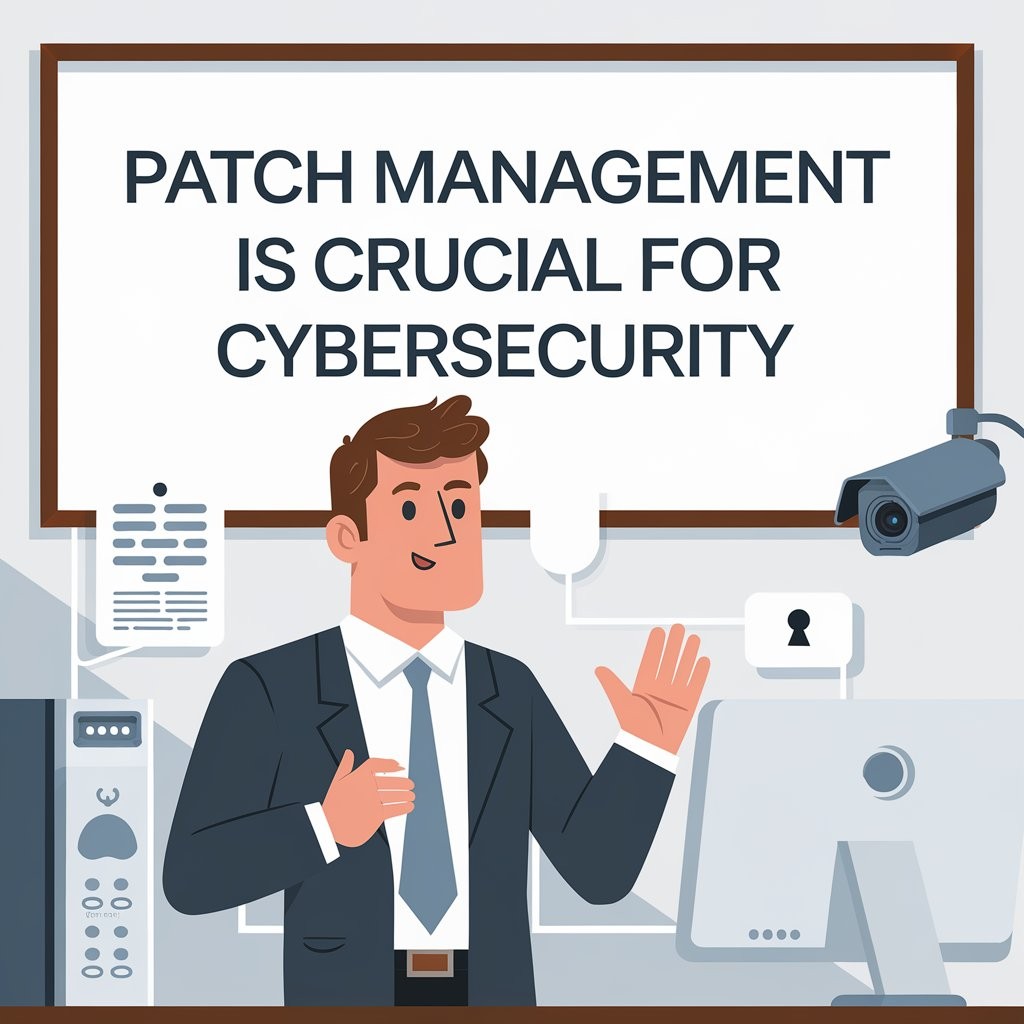Cybersecurity consulting for healthcare organizations
News & Insights
6 Min Read
Safeguarding Patient Data: Why Healthcare Organizations Need Cybersecurity Consulting Healthcare organizations are entrusted with highly sensitive patient data, making them prime targets for cyberattacks. From electronic health records (EHRs) to medical devices, the healthcare ecosystem is increasingly interconnected, creating numerous potential entry points for malicious actors. That's where cybersecurity consulting comes in – providing the expertise and strategic guidance needed to protect patient data, ensure compliance, and maintain operational integrity.
The Unique Cybersecurity Challenges in Healthcare
Healthcare faces a unique set of cybersecurity challenges:
Sensitive Patient Data: The sheer volume of Personally Identifiable Information (PII) and Protected Health Information (PHI) makes healthcare data a high-value target for cybercriminals.
Interconnected Devices: The proliferation of connected medical devices (IoT) creates new attack vectors and vulnerabilities.
Legacy Systems: Many healthcare organizations still rely on outdated legacy systems, which can be difficult to secure.
Complex Regulatory Environment: Compliance with HIPAA and other regulations requires a deep understanding of specific requirements and best practices.
Resource Constraints: Healthcare organizations often operate with tight budgets and limited in-house cybersecurity expertise.
Critical Infrastructure: Cyberattacks can disrupt patient care and essential services, potentially impacting lives.
The Role of Cybersecurity Consulting
Cybersecurity consultants bring specialized knowledge and skills to help healthcare organizations address these challenges. They provide a range of services, including:
Security Risk Assessments:
What it is: A thorough analysis of your organization's IT infrastructure, identifying vulnerabilities, and assessing potential risks.
Why it's important: Provides a clear understanding of your current security posture and where improvements are needed.
Benefits: Prioritization of security efforts, identification of high-risk areas, compliance readiness.
HIPAA Compliance Consulting:
What it is: Expert guidance on complying with HIPAA Privacy, Security, and Breach Notification Rules.
Why it's important: Helps you avoid costly fines and penalties for non-compliance.
Benefits: Reduced compliance risks, adherence to industry standards, improved data security.
Policy and Procedure Development:
What it is: Creating robust cybersecurity policies and procedures that align with your organizational needs and industry best practices.
Why it's important: Provides a framework for consistent security practices and accountability.
Benefits: Clear security guidelines, improved operational efficiency, reduced human error.
Incident Response Planning:
What it is: Developing a plan to respond to and recover from cyber security incidents effectively.
Why it's important: Minimizes the impact of a security breach, reduces downtime, and facilitates rapid recovery.
Benefits: Well-defined response protocols, enhanced incident containment, reduced reputational damage.
Security Awareness Training:
What it is: Educating your staff on cybersecurity best practices to reduce human error and improve overall security awareness.
Why it's important: Addresses the human element of security, the weakest link in most organizations.
Benefits: Improved employee security awareness, reduced phishing risks, better data protection.
Penetration Testing and Vulnerability Assessments:
What it is: Simulated cyberattacks to identify vulnerabilities and test the effectiveness of your security controls.
Why it's important: Uncovers hidden weaknesses before real attackers do.
Benefits: Proactive identification of vulnerabilities, improved security posture, reduced risk of breaches.
Medical Device Security:
What it is: Assessing and securing connected medical devices against potential threats.
Why it's important: Protects patient safety, prevents device tampering, and ensures data integrity.
Benefits: Reduced medical device vulnerabilities, enhanced patient safety, regulatory compliance.
Cloud Security Consulting:
What it is: Helping healthcare organizations secure their cloud-based environments.
Why it's important: Addresses the security risks associated with cloud adoption.
Benefits: Improved cloud security, data protection, and compliance.
Choosing the Right Cybersecurity Consultant
When selecting a cybersecurity consultant, consider the following:
Industry Experience: Look for consultants with proven experience in the healthcare industry.
Certifications: Check for relevant certifications like CISSP, CISM, and HCISPP.
References: Request references from previous clients.
Customized Approach: Ensure that the consultant provides customized solutions tailored to your specific needs.
Clear Communication: Choose a consultant who can explain complex technical issues in a clear and understandable way.
Benefits of Engaging a Cybersecurity Consultant
Specialized Expertise: Access to experts with deep knowledge of healthcare cybersecurity.
Proactive Security: Strengthen your defenses against evolving threats.
Improved Compliance: Ensure adherence to complex regulations like HIPAA.
Reduced Costs: Prevent costly data breaches and regulatory fines.
Enhanced Patient Trust: Build trust with patients by demonstrating a commitment to data protection.
Conclusion:
Cybersecurity consulting is no longer a luxury for healthcare organizations; it's a necessity. By partnering with experienced professionals, healthcare providers can significantly strengthen their security posture, protect patient data, and ensure the continued delivery of essential medical services. Protecting your patients' data also protects your reputation and ensures the long-term viability of your organization.
Call to Action:
Are you concerned about your organization's cybersecurity posture?
What challenges are you facing in protecting patient data?
Share your experiences and ask questions in the comments below!
Key takeaways from this blog post:
Healthcare Focus: Specifically addresses the unique cybersecurity challenges in the healthcare industry.
Clear Value Proposition: Highlights the benefits of cybersecurity consulting for healthcare.
Comprehensive Service Overview: Provides a good understanding of the different consulting services offered.
Practical Guidance: Offers practical tips on selecting the right consultant.
Easy to Understand: Avoids overly technical language, making it accessible to a broad audience.
Engaging Call to Action: Encourages reader participation and questions. audit3aa
Join our newsletter list
Sign up to get the most recent blog articles in your email every week.








